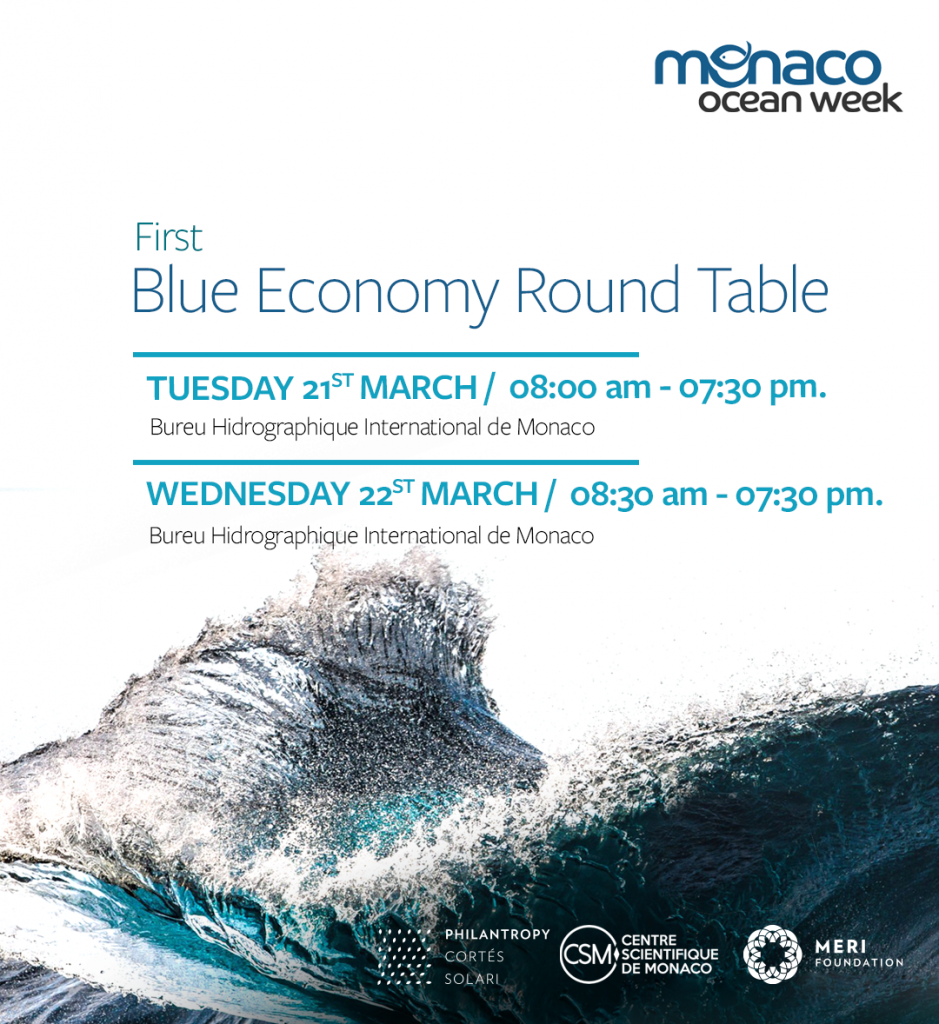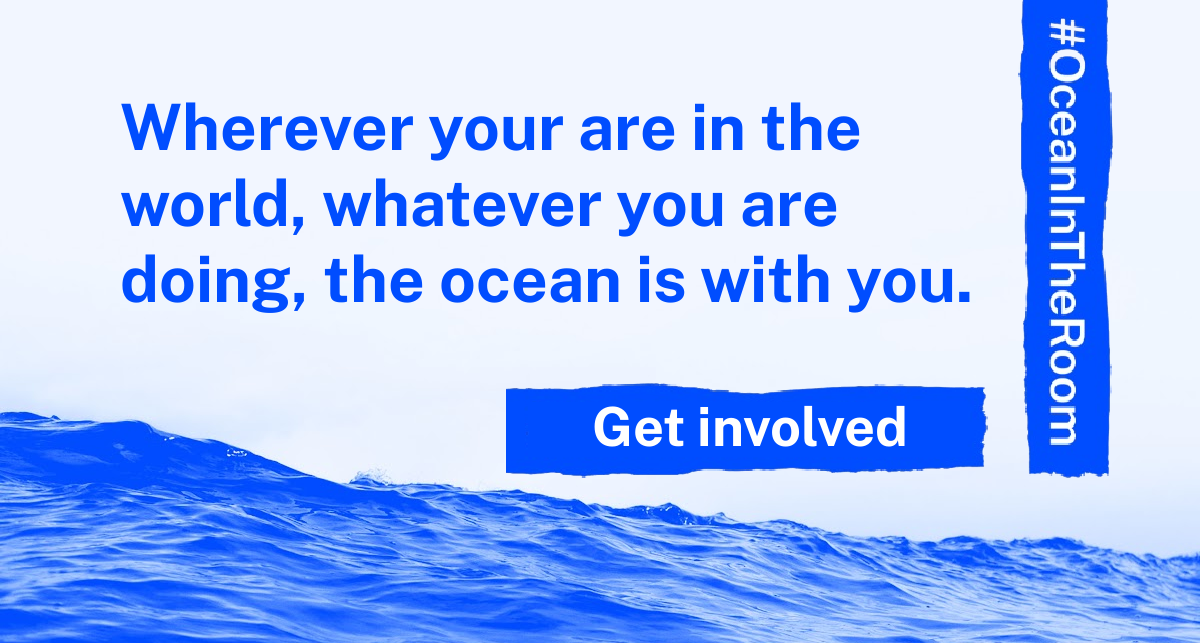This issue explores:
- Future changes in coral reef biodiversity
- Five key reasons to take the precautionary approach to deep sea exploitation
- The impact of ocean plastic pollution on High Seas activities
This issue explores:
This issue explores:
This issue explores:
Monaco Ocean Week – Please join the MERI Foundation, Centre Scientifique de Monaco and Monaco Ocean Week 2023 for a two-day round table discussion on the conditions responsible for an economic, social, political and environmental approach to fishing.

First Blue Economy Round Table: Tuesday, March 21st / 08:00AM – 07:30PM
Second Blue Economy Round Table: Wednesday, March 22nd / 08:30AM – 07:30PM
Location: Bureu Hidrographique International de Monaco
For the February 2023 issue of the OneOcean Science Mailout, we are bringing you a roundup of a selection of key scientific articles published over the last year relevant to the High Seas.
Continue reading Monthly Ocean Science Roundup – February 2023
There have been many key ocean moments in 2022, including progress on anti-DSM efforts, a ground-breaking CITES vote for shark protection, the first formal step towards a Global Plastics Treaty, and a WTO agreement on fisheries subsidies, to name a few.

This year was a big one for the ocean. As we move towards the end of the Ocean Super Year, and with conferences still ongoing all around us, there is much still to be both won and lost for ocean and planetary protection.
In this briefing we look back at the past twelve months and forward to 2023 to take stock of the ocean communications world. We ask, what is working? What is changing? And what do we need to consider as we enter the year ahead?
Continue reading What Have We Learned About Effective Ocean Communication in 2022?
Ocean groups reacted with relief to the announcement from CBD COP15 that states have committed to a target of 30% protection by 2030 (30×30) of land and sea as part of the new Global Biodiversity Framework (GBF) that was just adopted in Montreal.
Continue reading REACTION: COP15 OUTCOME RECOGNISES THE IMPORTANCE OF BLUE NATURE
The COP15 UN Biodiversity Conference – aka the “Nature COP” – taking place in Montreal, Canada, from the 7th to the 16th of December, is a vital opportunity for the world to come together and agree on a global plan to stop the nature crisis and reverse the biodiversity loss that is accelerating across the planet. But Ministers and negotiators are at risk of forgetting that nature is also blue.
Montreal, a city that links rivers, lakes, land and sea, is a fitting location for humanity to agree a new plan to live in harmony with nature. And that’s exactly what needs to happen at the COP15 UN Biodiversity Conference – aka the Nature COP – from 7-19 December. It’s a landmark moment years in the making and on the table is a Post-2020 Global Biodiversity Framework to set transformative new goals and targets to confront the nature crisis.
